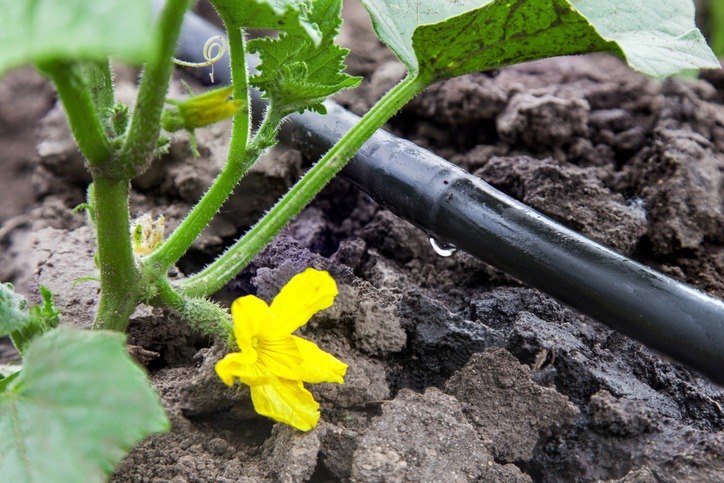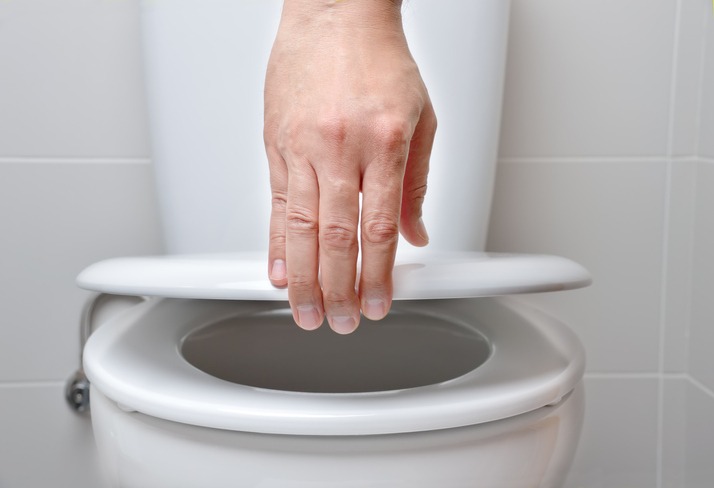Israel has definitely gone a long way since it declared its independence in 1948. It has grown to become a strong, prosperous, and powerful nation today.
We all know the story of Israel as a startup nation, with its incredible innovation and technical feats spreading to great lengths. Or Israel as having one of the strongest and most formidable militaries in the world. But it is not just the trailblazing technological achievements or the military feats that Israel is known for.
Israel has been there before – the tough and austere beginnings. Throughout the decades, the country has developed skills and experience to establish relevant expertise in various fields and which provided the basis of its own rapid development. Now, Israel shares these skills and expertise to help people everywhere in the world live better, fuller, healthier, and more meaningful lives.
Since Israel was established in 1948, the country has set its own goal of becoming a light unto the nations. Despite the austere conditions during Israel’s early statehood, the government founded MASHAV, the Israel Ministry of Foreign Affairs’ agency for International Development Cooperation, as a vehicle to share Israel’s creative and innovative solutions with the developing countries.
Israelis have been working around the clock, sometimes without any fanfare or press attention at all, to find creative solutions and offer relief to some of the world’s most pressing problems.
From farming breakthroughs that can help increase crops and food production to solutions to reduce greenhouse emissions to providing humanitarian aid in the wake of catastrophic natural disasters, Israel has been providing significant assistance.
Here are only a few of the exemplary contributions from Israel that have made the world a better place:
1) The invention of drip irrigation by Simcha Blass and its initial development by Netafim helped revolutionize agriculture worldwide. It enables farmers to grow their crops with less need for water.
2) Israel is building a model agricultural village in South Sudan with the aim of teaching farmers about Israeli farming methods and technologies to help the fledgling nation thrive.
3) Israel is the only country that opens its arms to children suffering from illnesses brought by radiation from the Chernobyl nuclear disaster in Ukraine in 1986. More than 2,755 affected children, from ages eight to 15, have been sent to Israel for treatment and resettlement.
4) An Israeli company developed a toilet that needed no water and generated its own power to turn solid waste (including used toilet roll) into a sterile and odorless fertilizer in just a matter of seconds. In 2012, this revolutionary toilet caught the eye of the Bill and Melinda Gates Foundation, which awarded parent company Paulee CleanTec a $110,000 grant to create the next-generation sanitation technology “to make sanitation services truly safe and sustainable for the poor.” The foundation reported that about 80% of human waste goes to streams and rivers untreated, and 1.1 billion people never use a toilet.
5) Local fishermen in Uganda used to harvest Lake Victoria carp that was a significant part of the villagers’ diet. Fifty years ago, the Nile perch was introduced into Lake Victoria in an attempt to increase local fishery. But it turned out that the Nile perch was a predator that ate carp and other important food fish. Villagers didn’t have the equipment or the expertise to catch the Nile perch, a huge fish. At the same time, symptoms of protein deficiency became more apparent in their children.
Professor Berta Sivan, a researcher from Hebrew University, came to the rescue by using her expertise to help combat the depleting fish supplies in Lake Victoria. She created “boutique” fish farms by spawning several species of African carp and cultivating them in fish farms around Lake Victoria. The developers of the project began establishing fish ponds, stocking them with fish from the fish farms, thus enabling the villagers to harvest carp. The program also taught the locals how to dig and fill their own fish ponds to raise fingerlings. Now the villagers and their children have plenty of carp, which is their primary source of protein.
6) MASHAV runs a variety of programs. However, it is probably known for its training seminars in Israel and other regions – the Middle East, Africa, South and Central America, China, and India, among others. MASHAV holds various seminars ranging from revolutionary irrigation methods and practices to fish farming to greenhouse management. It has trained more than 200,000 people from around 140 countries. MASHAV has also set up dozens of demonstration projects in fields in which Israel has relevant expertise. In addition to these seminars, MASHAV sends medical aid around the world.
7) Japan was hit by an earthquake and tsunami in March 2011, killing more than 19,000 people and leaving thousands of others injured and missing. The Israel Defense forces (IDF) sent doctors, trauma specialists, and volunteers to put up a field hospital in one of the worst-hit areas. The field hospital featured facilities for surgery, maternity, pediatrics, gynecology, ophthalmology, intensive care, and a lab and pharmacy. Israel also dispatched tons of aid to affected Japanese communities.
8) In 2012, Professor David Levy from Hebrew University developed new strains of potatoes that could thrive in hot, dry environments and irrigated by saline water. Potatoes are one world’s commonly grown and harvested crops and are one of the top sources of nutrition. However, they never grew before in hot, arid regions such as the Middle East. Now, farmers in these regions can grow and harvest potatoes as a new cash crop.
9) We have known about destructive pests that affect the agriculture industry. But have you heard of beneficial farm insects? You’ve heard that right. Israel’s BioBee breeds these “good” insects for biological pest control, which reduces the need for harmful chemical-based pesticides by around 75%.
The kibbutz-based company exports eight different species of biological pest control agents. In addition, BioBee exports pollinating bumblebees to more than 30 countries, including the US, China, and Japan. BioBee’s subsidiary, BioFly, sells sterile Mediterranean fruit flies to control pests in fruit trees. It also collaborates with Jordanian and Palestinian agricultural experts.
10) IsraAID is a non-governmental organization founded in 2001. It consists of Israeli professionals from 17 various activist and relief organizations to respond to emergencies all over the world. IsraAID provides targeted humanitarian help, including search and rescue, disaster relief, rebuilding schools and communities, medical assistance, relief packages, micro-financing, and post-psychotrauma care.



